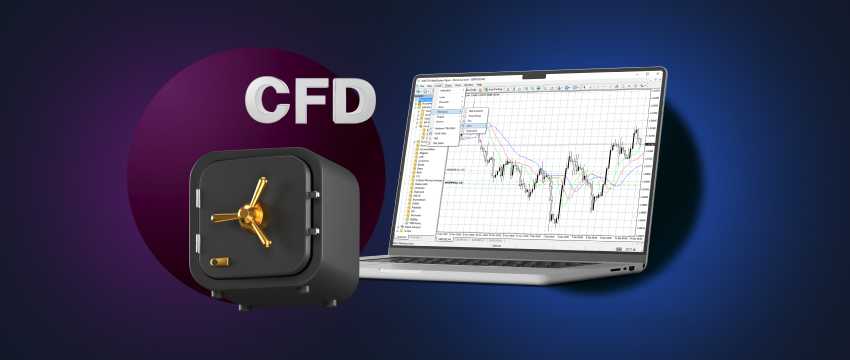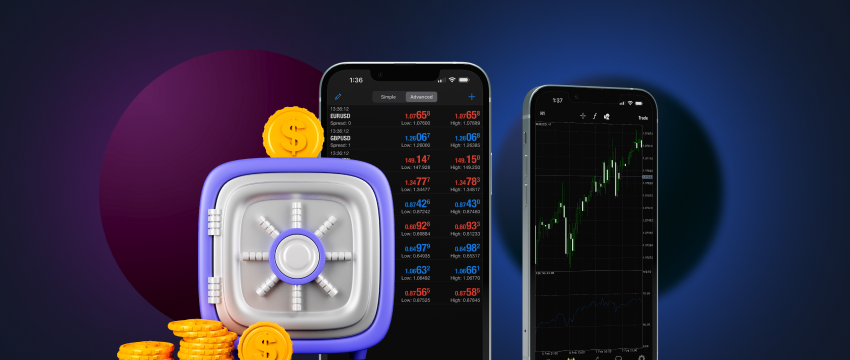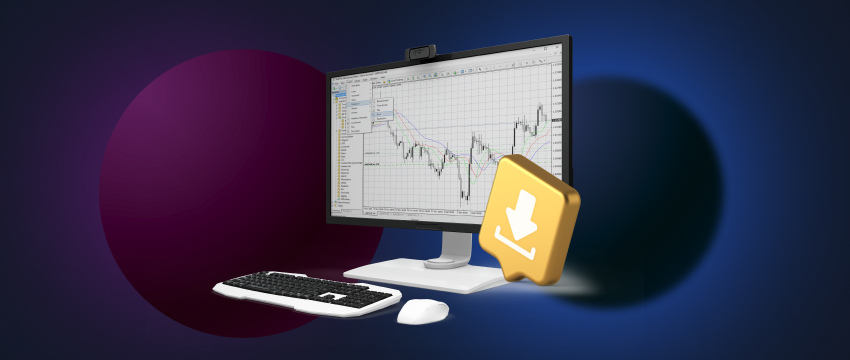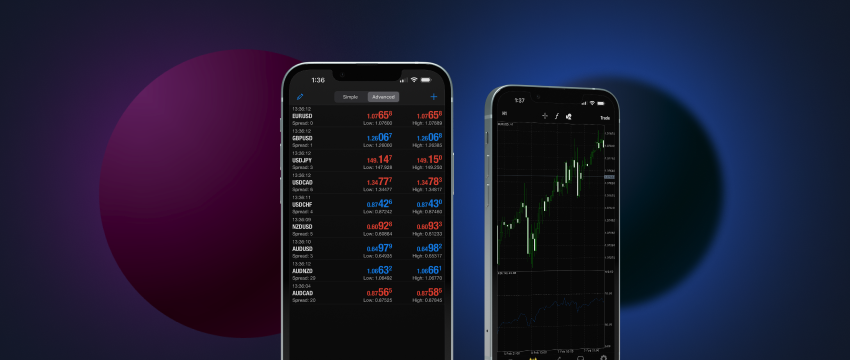Traditional investing refers to someone investing in an asset in order to acquire some form of return. The objective is not usually to consume the asset. Instead, the goal is to use the asset to generate some measure of wealth. Becoming a trader who engages in this sort of activity requires a robust understanding. Of different asset classes as well as the basic principles of investing. Not dissimilar however to a CFD trader looking to trade in the financial markets. Where skill and knowledge are paramount in optimal financial decision-making.
Traditional investors must familiarise themselves with a variety of assets that may potentially make up their investment portfolio. For the most part, we can categorize these into 5 major groups, namely, cash, bonds, mutual funds, ETFs (Exchange-Traded Funds), and stocks. Of the five, stocks are probably the most widely known asset class, even amongst beginner traders.
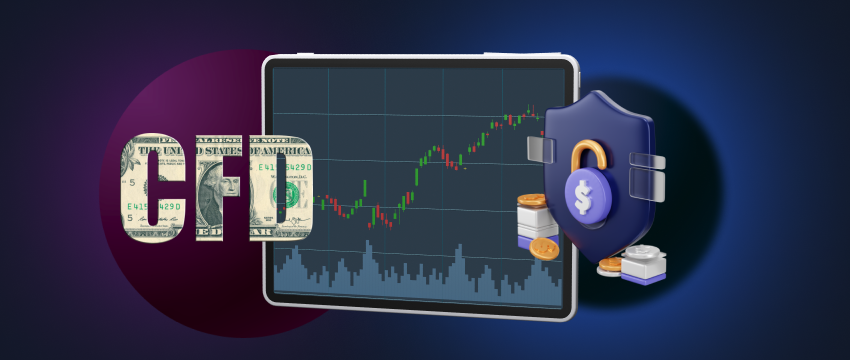
CFD Trading Asset classes
Cash deposits are typically the easiest form of investment to understand, with interest earned being the intention. However, inflation often adversely impacts interest, negatively influencing profitable outcomes.
A bond is a type of debt instrument often used to finance operations, purchases, and other projects. Essentially, it represents a loan made by an investor to a borrower. In this type of transaction, the borrower will issue a fixed interest rate to the lender in exchange for the use of their capital. Government agencies or corporations are usually parties in these transactions. Bonds are usually heavily traded during periods of quantitative easing or when interest rates are expected to rise.
A mutual fund is an investment vehicle where multiple investors put their money together to collectively purchase securities. The portfolio manager usually manages the fund, responsible for strategically allocating and distributing the capital into a range of assets, such as stocks, bonds, and other securities.
ETFs are similar to mutual funds but a traded on a stock exchange throughout the day, much like the buying and selling of stocks. As a result, the value of an ETF change change within a trading day cycle. Investors often favor ETFs due to their ease of trading and coverage.
Stocks are another form of investment that normally represent a proportionate form of ownership in a business entity. A share is a unit of stock. Stocks are usually bought and sold on stock exchanges. They usually comprise a considerable portion of an investors total portfolio. A corporation usually issues stocks to fund operations, expansion/growth, research and development, new projects, etc. The two main categories of stocks are common and preferred.
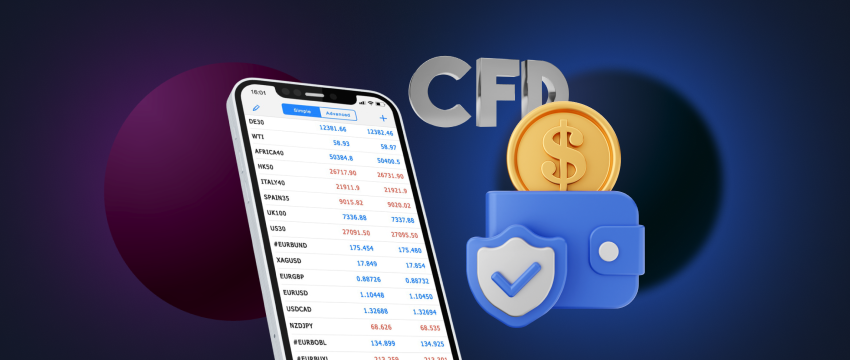
Why become a CFD trader?
Now that we’ve explored different forms of traditional investing, let’s move on to why someone would want to become a CFD trader.
Opting for CFD trading vs traditional investing is dependent on various factors, be this budget, risk tolerance, knowledge, or financial goals. It also depends on the amount of time one has to commit to trading or managing their investments. Below are other key points that a prospective CFD trader should consider:
1. Ownership of the asset
Unlike traditional investing, where the asset may need to be purchased, a CFD trader is not required to take ownership of the underlying asset.
2. Market diversification
CFD trading offers access to a wide variety of markets, thereby increasing trading opportunities. Additionally, CFD traders can also spread their risk across these markets, increasing the potential for maximising profitability, and mitigating loss.
3. Speed of execution
In contrast to traditional investing, CFD trading usually offers quicker execution of trades. This enables traders to enter or exit positions at a faster pace, in real time.
4. Long term vs short term investing
CFD trading is usually more short-term focused. Traders attempt to make a profit from short-term price movements of a range of underlying assets. Traditional investors usually pursue a various time horizons, from short-term trading to long-term investing. This may be for long term goals like saving for retirement, purchasing a home, and others.
5. CFD trading & leverage
Unlike traditional investing, CFD trading usually involves higher leverage. Leverage enables the trader to handle larger positions with a limited amount of upfront capital. It’s often used for short-term trades when a bigger amount of capital is needed. However, while profits may be amplified in these scenarios, so too are losses. As a result, while this increases the possibility of higher returns, it does exasperate the risk of losing money, a lot of money.
6. Rising and falling markets
CFD traders are able to trade in both rising and falling markets, going long if they anticipate the price of an assete to go up, and short if the expect the asset’s price to fall.
7. Choice of CFD broker
If you decide to choose CFD trading, one of the most important first steps is choosing a CFD broker regulated by a reputable financial authority. Additionally, ensure that you properly understand the regulatory requirements of the jurisdiction that you intend trading from/in as regulations vary from country to country. In addition to regulations, ensure that the broker offers exposure to a wide range of markets so that you’re able to trade your preferred financial instrument, competitive pricing, fast execution of trades, and security of funds.

Boosting your CFD trading skills
If you are only now embarking down the road of CFD trading, you must consider widening your scope of knowledge and boosting your skills. This entails engaging in consistent learning to enhance capabilities. There are many ways for this to be achieved. For one, the internet offers almost infinite trading-related resources that one can access for free. However, in order to ensure you are learning from a credible source, do your due diligence. Ensure the person sharing their knowledge and expertise is reputable and is not promising some fast fix or get-rich-quick scheme.
Additionally, potential traders should also be able to acquire information from their broker. For example, a broker like T4Trade is offers its traders access to a variety of learning tools to help them become more effective traders. Via the T4Trade Academy, traders can consume a a range of webinars for useful trading experts, and podcasts to improve their trading knowledge.
T4Trade videos-on-demand
T4Trade videos-on-demand are informative, and provide many fundamental trading tips and exclusive market insights for all types of traders, regardless of expertise. Traders can also make use of e-books compiled by an award-winning research team and analysts. In addition to these resources, T4Trade also provides traders with daily commentary (Monday – Friday) via Live TV, presented by an experienced team of presenters and research analysts.
T4Trade Educational Resources
Traders can also make use of an Economic Calendar, in order to monitor global economic news events and releases to be able to better plan their trades. T4Trade blogs are also a great resource to help traders gain valuable insights into the latest news and trading space.
Deciding what route to take, be this traditional investing or CFD trading really depends on one’s individual preference. While CFD trading may offer potentially higher returns in the short-term, it does come with significant risk, particularly if using leverage. On the other hand, while traditional investing may offer long-term gains and accumulation of wealth, immediate gains may be lower. Ultimately, one must decide what it is they want to achieve and they way the want to achieve it, before making a decision.
Become a T4Trade CFD trader
T4Trade is a powerful broker that appeals to traders internationally. It offers a convenient, flexible trading experience with the opportunity to engage in continuous learning via a massive range of educational material. T4Trade’s MT4 platform also provides traders with all the necessary tools to engage in CFD trading quickly and easily.
Disclaimer: This material is for general informational and educational purposes only and should not be considered investment advice or an investment recommendation. T4Trade is not responsible for any data provided by third parties referenced or hyperlinked in this communication.
